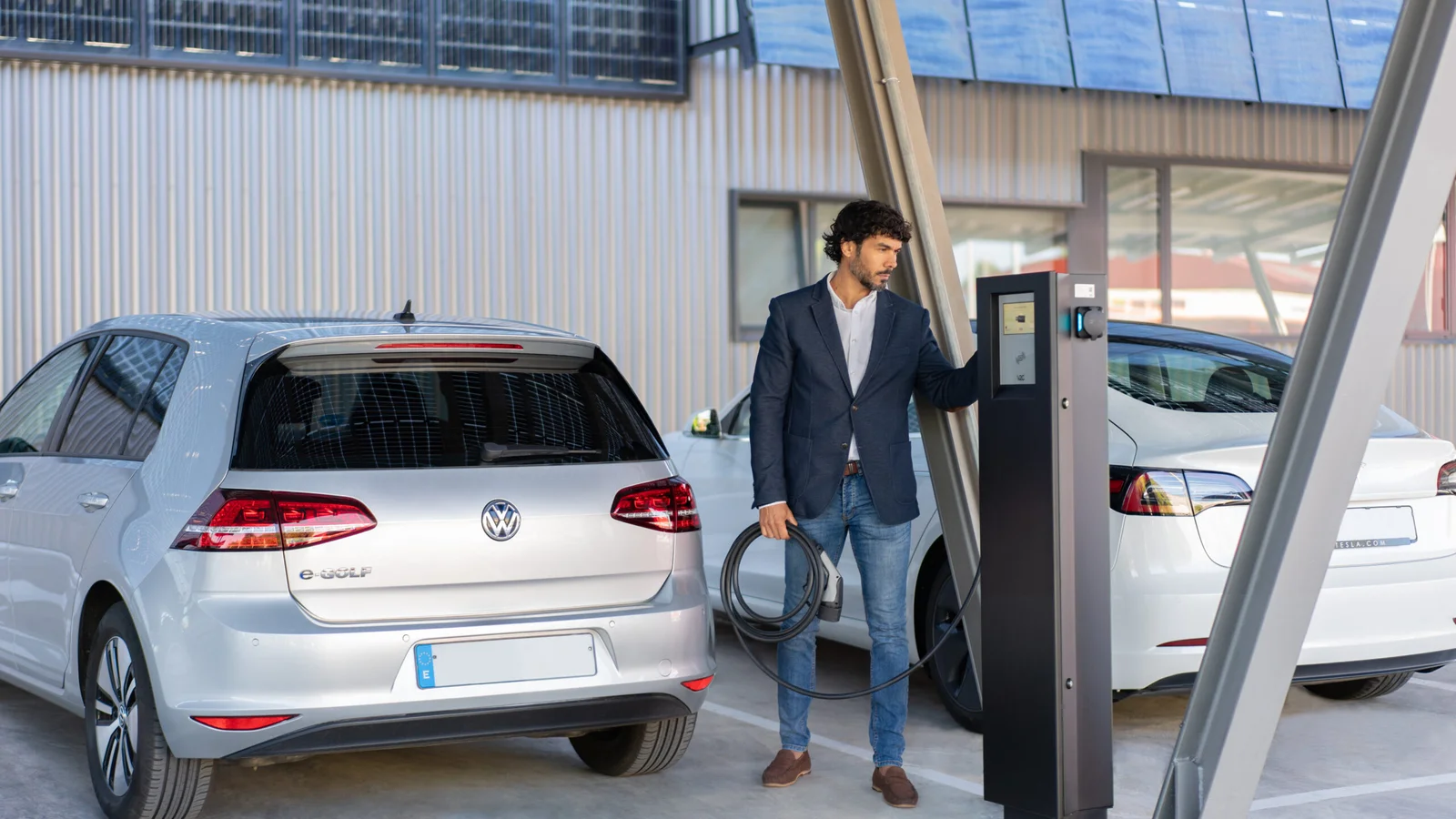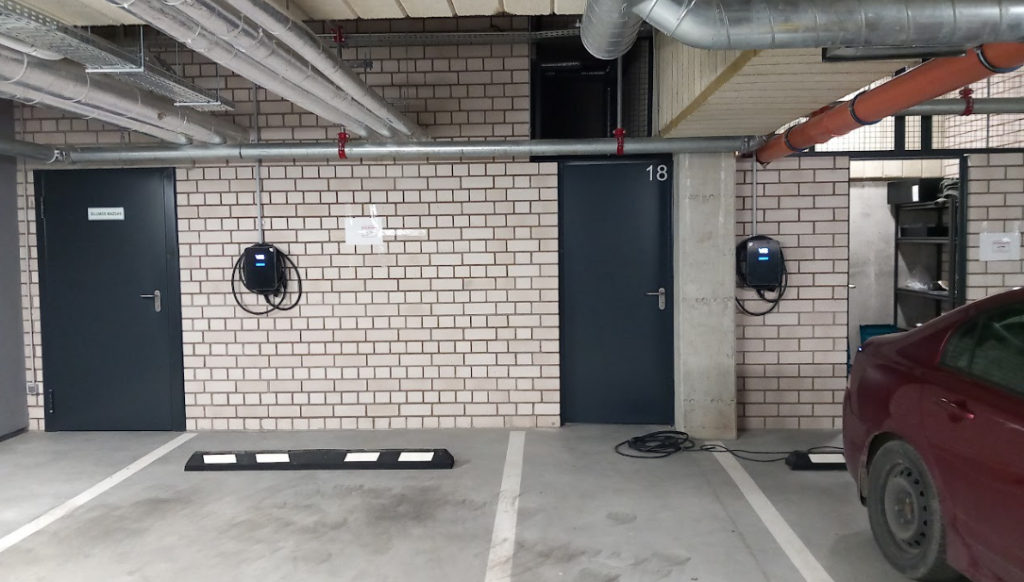

In a world of rapidly advancing automotive technology, electric cars have taken the lead, promising a cleaner and more sustainable future. But as with any significant change, misconceptions abound. Myths range from concerns about charging infrastructure to alleged restrictions on electric cars. It is time to address these misunderstandings right away and explain the truth about electric cars and why they represent a fundamental change in the way we think about transport.
Myth 1: Not enough charging stations
One of the most common myths about electric cars is the alleged lack of charging stations, creating a narrative of inconvenience and range anxiety. But these fears are increasingly unfounded. The global charging infrastructure is expanding rapidly and public and private investment is driving the growth of affordable and efficient charging networks. The rapid growth of both fast-charging and standard charging points in cities around the world is making it easier than ever for EV owners to find a convenient place to recharge their batteries.
And with smart charging solutions and apps, finding a charging station has become so easy that it takes just a few clicks of your smartphone. These changes not only increase convenience, but also boost the confidence of potential EV buyers, effectively dispelling the myth of a lack of charging points.
Myth 2: Slow charging times
In the early days of electric cars, charging times were indeed long, in stark contrast to the fast charging times of traditional petrol stations. However, technological advances have greatly improved charging speeds. Fast charging stations can now charge an electric car up to 80% in just 20-30 minutes, a convenience equivalent to the time spent at a petrol station when you take into account the time spent paying and shopping.
Home charging solutions have also improved, and overnight charging conveniently recharges the electric car’s battery to be ready for the next day. These advances in charging technology show that impractically long charging times are a thing of the past.
Myth 3: Too little distance
Another common misconception is that electric cars are only suitable for short journeys because of their limited battery range. While the first generation of electric cars had a low range, today’s electric cars boast a range that easily meets the daily needs of the average driver. Many new models have a range of more than 300 miles per charge, which is on a par with, and sometimes even better than, petrol models.
Thanks to improvements in battery technology and efficiency, electric cars are more than suitable for most daily commutes, running errands and even longer journeys. The fear of being without electricity is becoming increasingly unfounded as battery technology improves.


Myth 4: High maintenance costs
There is a myth that electric vehicles are more expensive to maintain than conventional vehicles. However, electric cars have fewer moving parts than vehicles with internal combustion engines, so maintenance costs are generally lower. Electric cars don’t need oil changes, fuel filters, spark plugs or emission tests. The biggest potential cost is replacing the battery, but now that batteries are designed to last as long as the vehicle itself, this concern is significantly reduced.
In addition, many governments offer incentives for the purchase of EVs, including tax incentives, rebates and exemptions from certain taxes, further reducing the overall cost of EV purchase.


Myth 5: Insufficient power and performance
Finally, there is a misconception that electric cars are not as powerful and efficient as their petrol-powered counterparts. This could not be further from the truth. Electric motors can deliver instant torque, making the car quick to accelerate and fast to drive. Many electric cars offer impressive performance that matches or exceeds that of traditional sports cars.
Manufacturers are also constantly innovating to improve the efficiency and power of electric motors, ensuring that EVs meet a wide range of performance expectations – from city driving to high-speed driving.
- Share

